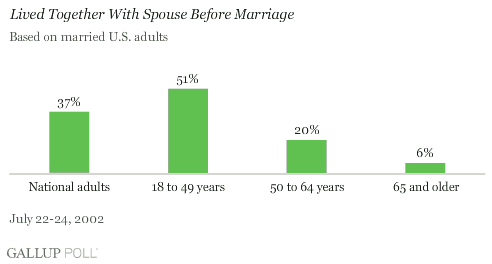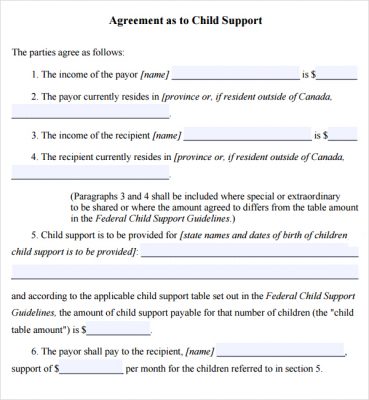Today, more and more couples cohabit before they marry and many live together indefinitely without doing so. Most of the cohabiting couples accumulate a good amount of joint property, but does not contemplate how to would split the assets in case of ending the relationship. The reality is that no matter how long the relationship, in matters of property, the law still treats the members of the couple as two separate individuals with no rights or responsibilities in the event of termination. Below you will find some points about the property that cohabiting partners should have in mind.
Joint purchase of properties
Before you buy together a home or any other significant well, to decide who will be the owner of the property. When you do this to protect your rights in the event that one partner dies or the relationship ends. Basically, you will need to decide whether to be joint owners, or if they will have a tenancy in common.
Co-owners. Co-ownership is a form of ownership in which shares in equal parts the property of a well. All co-owners have the same amount of equity in property held in joint tenancy. When two or more persons are co-owners express a property and one of them dies, the other owners automatically receive the part that belonged to the deceased. This is known as “right of survivor”.
Tenancy in common. If they decide to become owners in common, each one will possess a different part of the property. You decide the percentage of each part. For example, if one contributes 25 per cent of the purchase price, then your share in the property will reflect this percentage. Something else that should be kept in mind is that unlike joint tenancy, if the tenancy in common the co-owner dies, the other does not have rights over the property of the deceased. Your property will become part of your estate and will be distributed as determined by the last will and testament of the decedent or the probate law of your state.
The property when the relationships end
If you buy a house to the name of both (whether as joint owners or as owners in common) the division may be straightforward and the house should be divided 50/50 at the time of the separation. If the property is in the name of a single person, but both parties contributed to the payment of the mortgage and maintenance, there could be a charge on the property if the couple separates.
If the property is in the name of a person, that person will be the owner at the time of the separation unless the other party can establish that there was a common intention to share the property rights. To prove such an intention is difficult, unless it is in writing or there is evidence that both parties contributed to the purchase of the property, the payment of the mortgage and the maintenance.
Couples cohabitants, property and death
Another key issue for cohabiting couples is to consider your wishes in the event of death. Unless each member of the couple make a will and designate the other as your beneficiary, when you die, your estate is distributed in accordance with state laws (called probate “intestate”). The succession of property intestados is a method prescribed by the state to distribute the property of a person when that person did not leave a will when you die.
Each state has its own laws, but generally the property is distributed between the spouse and the children of the deceased. If the person was not married, the property will be divided among parents, siblings, uncles, aunts, nephews, nieces, and other distant relatives. The partner of the deceased will not receive anything. For this reason it is important for cohabiting couples to write wills or other documents that express their long-term plans.
A will is a legal document in which a person expresses his will about what you want done with your debts, property and minor children after his death. The provisions must be met unless they are illegal or impossible. A will allows a person to appoint the beneficiaries of their properties, waive debts, to appoint legal guardians of their children, create trusts, name an executor of his estate, and even desheredar to some of the family members. Leave a will or a trust is an effective way to protect your partner if you die. Consult a lawyer who specializes in family law to create a document that reflects their needs and desires with respect to your partner.
Unmarried cohabiting couples: How to get the help of an attorney
If you are living with your partner and/or thinking of getting married, a lawyer specializing in family law can help you with a fair representation of the parties in the process. Your attorney will work to obtain the best possible result. The first step is to find a lawyer specializing in family law in your area.









